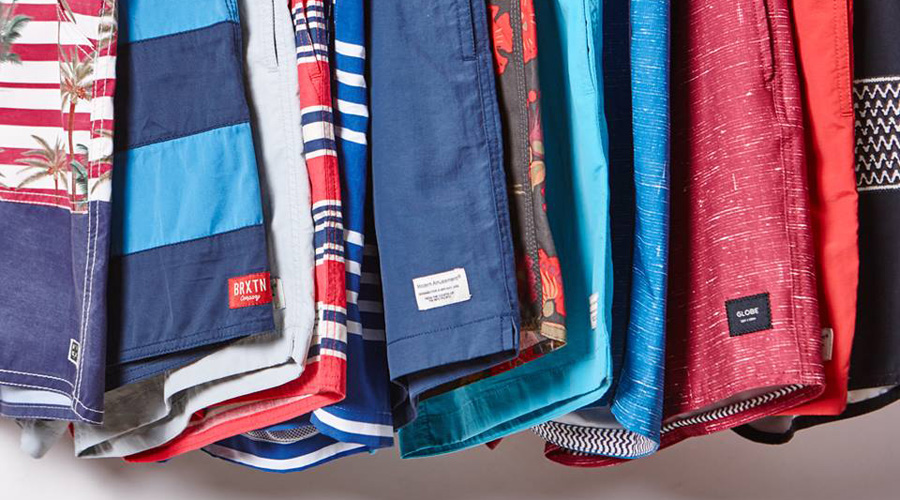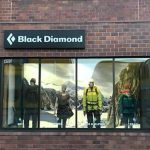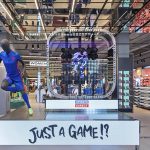By Thomas J. Ryan
The owner of Eddie Bauer, Payless Shoes, Express, Zales, Red Lobster and California Pizza Kitchen officially added Pacific Sunwear of California Inc. (PacSun) to its roster, committing millions, but with plans to close more than 100 stores.
Golden Gate Capital won its bid to scoop the former publicly-traded action sports lifestyle retailer out of Chapter 11 reorganization bankruptcy September 6. The $15 billion private-equity group ended up being the lone bidder in the case, agreeing to convert about $60 million of its previous debt in PacSun to equity and committing an additional $20 million into the retailer. Wells Fargo has also provided a five-year $100 million revolving line of credit, subject to certain conditions.
The exit, approved by Judge Laurie Selber Silverstein of the U.S. Bankruptcy Court in Wilmington, DE, was a relatively speedy one for PacSun, having entered court about five months earlier, saying then it couldn’t escape high occupancy costs of approximately $140 million and its $90 million long-term debt coming due later in the year.
“With a strengthened balance sheet, reduced long-term debt and reduced annual occupancy costs, the company is well-positioned to build a stronger future and achieve long-term success,” said Josh Olshansky, managing director at Golden Gate Capital, in a statement.
Under the plan, unsecured claims will be separated into two groups. Certain trade claims worth $33 million will be paid in full over the course of two payments, while the rest will receive a share of a $400,000 cash pool, according to court documents.
“For more than 20 years, PacSun has been the largest retail partner for many of our industry’s most dynamic emerging brands, and we are very pleased to have had Golden Gate Capital’s full support in ensuring that all branded partners – both large and small – are to be paid in full as part of our plan,” said Gary Schoenfeld, PacSun president and chief executive officer. “We would also like to thank our many customers, vendors and partners for their loyalty during the restructuring.”
PacSun is counting on its emphasis on popular and up-and-coming brands as a differentiator in the difficult teen channel. Its core mix includes Huf, Brixton, Diamond Supply, Primitive, Modern Amusement, Brandy Melville, Kendall & Kylie, Nike, Vans, Adidas and Y&R. Many competitors, ranging from Abercrombie & Fitch and American Eagle to fast-fashion chains like Forever 21 and H&M, largely carry their own brands.
But the overall teen space continues to be challenged, as noted by other bankruptcies at Aeropostale, American Apparel, Wet Seal, Delia’s and Quiksilver. Many teen chains have been challenged to compete with inexpensive, on-trend fast-fashion rivals as well as dwindling mall traffic. They’re also dealing with changing teen purchase priorities, including an increasing focus on technology products and experiences rather than fashion, as well as heightened online competition.
Founded in 1982 as a surf shop, PacSun has posted an annual net loss since the financial crisis hit in 2008 and has, over that period, closed a number of stores after admittedly over-expanding. It had about $342.7 million of net operating losses as of January 31, which can be used to reduce tax liabilities if it becomes profitable again.
PacSun entered its April bankruptcy filing with about 590 stores. It has since closed about 10 to 20 locations and is continuing to negotiate with landlords over other potential closings.
Added Schoenfeld, “We have received resounding recognition of PacSun’s attractiveness from our landlords, and the important role we play as a distinctive retail partner to them, and we deeply appreciate their support.”
The projections include, as part of its reorganization plan, a generally conservative outlook around any rebound. The company expects to close another 75 doors through fiscal 2018, including 40 closing over the first six months after it officially emerges from bankruptcy proceedings.
As such, sales are expected to decline to $704.5 million in 2018 from $717.8 million in 2017. Earnings are likewise expected to slide to $1.49 million in 2018 from $1.65 million in 2017. In the fourth month through January 31, 2017, Pacific Sunwear expects to show a loss of $17 million on sales of $256.4 million. On an EBITDA basis, it expects to show a loss of $8.4 million in those four months but improve to earnings of $29.4 million in 2017 and $29.6 million in 2018.
Photo courtesy PacSun
















